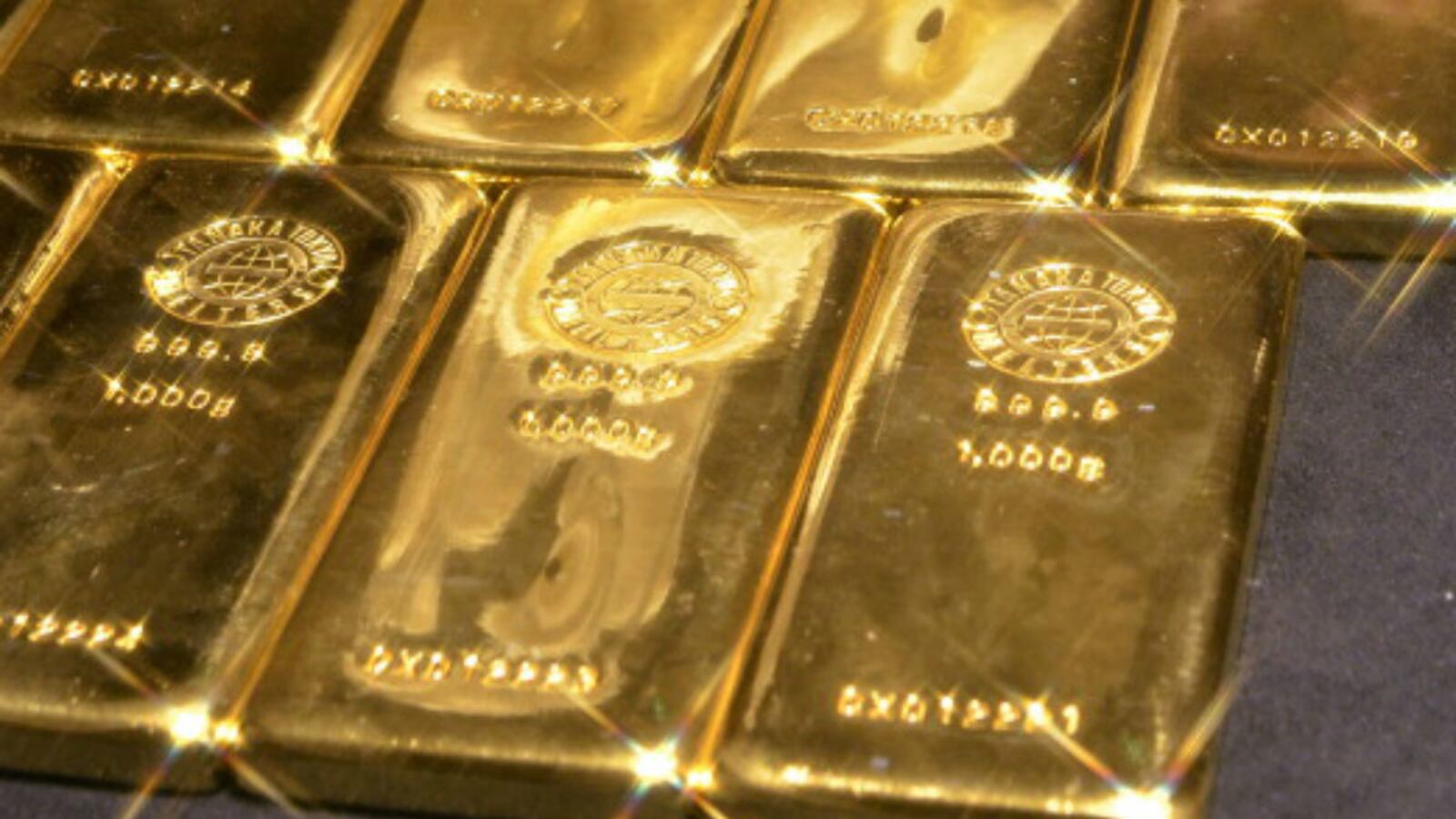
If you have ever watched Fox News or listened to Talk Radio, you've likely been bombarded by companies promising massive fortunes from investing in gold. This sort of advertising plays off the fear that America is on the verge of a massive, Weimar-style hyperinflation, exacerbated by the Federal Reserve's quantitative easing programs and government spending. Many customers have been ripped off in this fashion.
Gold prices rise and fall like any other commodity. While prices have been driven up partly because of the belief that gold is a safe asset, the real demand for gold has come from the growing economies of China and India. Now, according to the Financial Times, demand in those countries is decreasing, and with it, gold prices are falling. (H/T: Uneasy Money)
Global demand for gold is seeing a significant slowdown as top consumers in India and China pare purchases amid weak economic growth, abruptly halting a consumption boom that started five years ago with the onset of the financial crisis.
The consumption slowdown is driving prices downward, denting the profitability of gold miners such as Barrick Gold of Canada and New York-listed Newmont, and hurting top hedge funds managers such as John Paulson and George Soros.
The World Gold Council, a lobby group for the gold miners, on Thursday said demand for the yellow metal fell to 990 tonnes during the second quarter, the lowest since the first quarter of 2010 and down 7 per cent from last year.
“India and China represent half of global gold consumption and clearly we are seeing a slowdown in both markets,” Marcus Grubb, managing director for investment at the London-based WGC, said in an interview.
Gold prices have fallen back to about $1,600 a troy ounce, down nearly 17 per cent from the all-time high of $1,920.30 an ounce set in September 2011. But prices remain significantly higher than five years ago, when the metal traded at about $650 an ounce. Since the first signs of the financial crisis emerged in mid-2007, corn, gold and oil have been the best performing assets.






